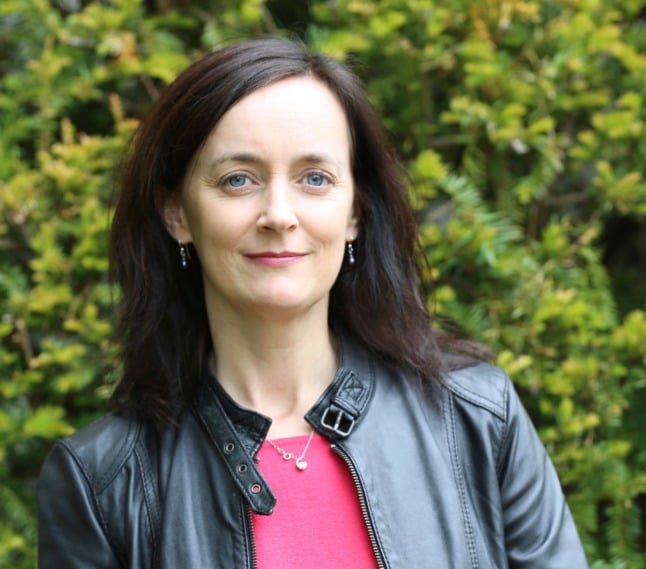In most cases, once children are grown up and out of the house, they are (or at least should be) self-sufficient in terms of finances.
Parents too should breathe a sigh of relief that they are no longer obligated to pay for their children’s expenses, except perhaps for giving them some money here and there as a gift.
This is what happens in the best-case scenario.
But what if things don’t go according to this plan — for instance, if the parents find themselves in financial straits and can’t afford to pay their bills?
Family obligations
Generally speaking, the truly needy people who don’t have enough income to pay for their basic living expenses will receive financial help from the government, in the very least in the form of the health insurance and housing subsidy.
READ ALSO: Can I get financial help in Switzerland if I’m struggling to pay the bills?
However, before doling out public money, authorities will see whether relatives should be made to help the struggling individuals pay their bills.
(In this context, ‘relatives’ means only those in the direct line of descent: grandparents, parents, and children.)
They will do it by checking the tax status of these relatives — how much they earn and what other financial assets they have — to determine whether, and how much, they should be paying toward their parents’ expenses.
Obviously, you will be expected to pay up only if your own financial situation allows it; you will not be forced to part with your money if you have very little of it yourself.
‘Favourable financial circumstaces’
Based on a Federal Court ruling, if the adult child lives in ‘favourable financial circumstances’ they are required to help out their struggling parents.
The Court defined ‘favourable financial circumstances’ as income and assets allowing a comfortable life.
‘Comfortable life’, in turn, was defined by the Swiss Conference for Social Welfare (SKOS), as a taxable annual income of 120,000 francs for a single person, and 180,000 francs for married couples.
“If you have minors in your household, the limit is increased by 20,000 francs per child,” according to AXA insurance.
It goes on to say that you can deduct an exempt amount from your taxable assets.
“Your annual depletion of assets is deducted from the remaining amount. This means that if you are obligated to provide financial support, you are permitted to use part of your assets yourself each year; you don’t have to devote your entire assets to providing support.”
At between 18 and 30 years of age, this is 1/60th per year; from 31 to 40, 1/50th per year; 41 to 50, 1/40th per year; 51 to 60, 1/30th per year; and from the age of 61,1/20th per year.
Are there any exemptions to these rules?
Aside from not having sufficient funds, you could be exempted from paying if, say, your parents, or parent, have not lived up to their own financial obligations toward you.
In Switzerland, parents are required to provide financially for their children until the age of majority, and even beyond that if they are still studying or undergoing vocational training — typically, until the mid-20s.




 Please whitelist us to continue reading.
Please whitelist us to continue reading.
Member comments